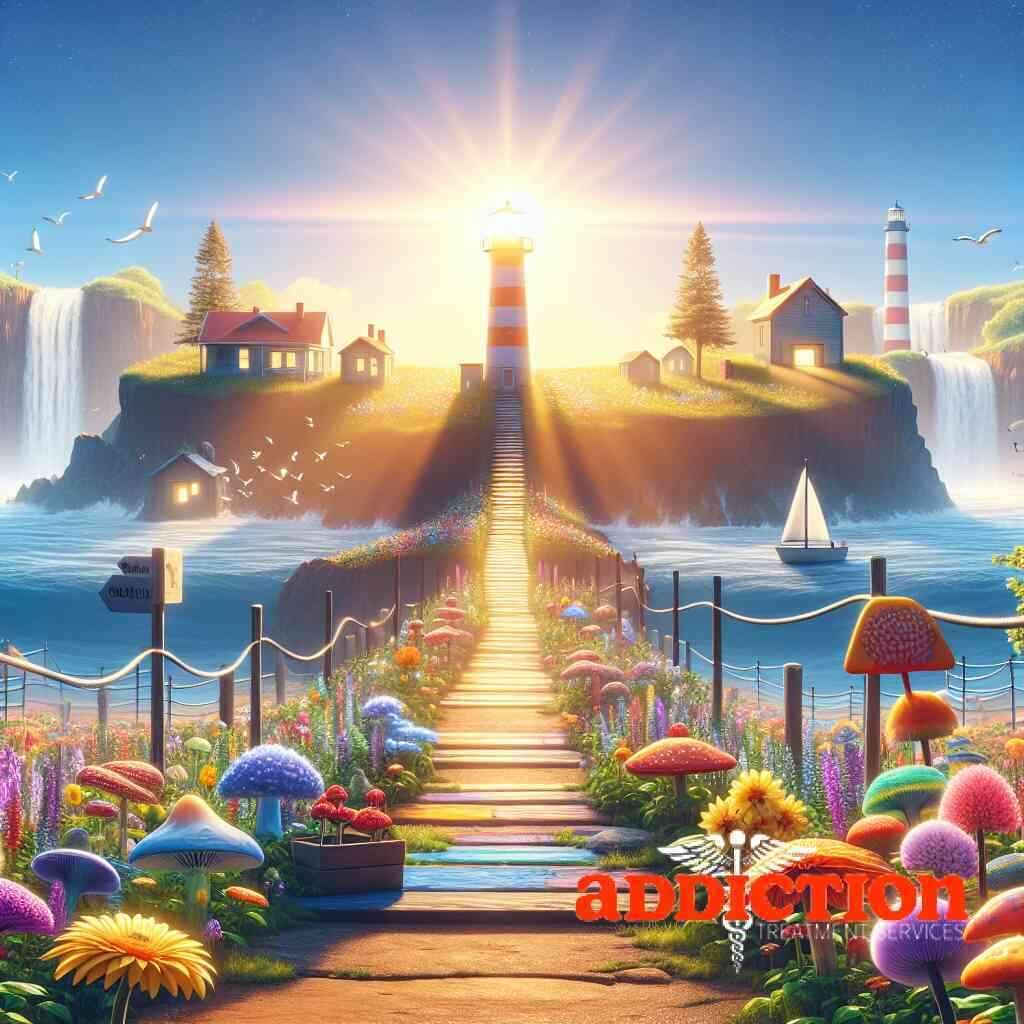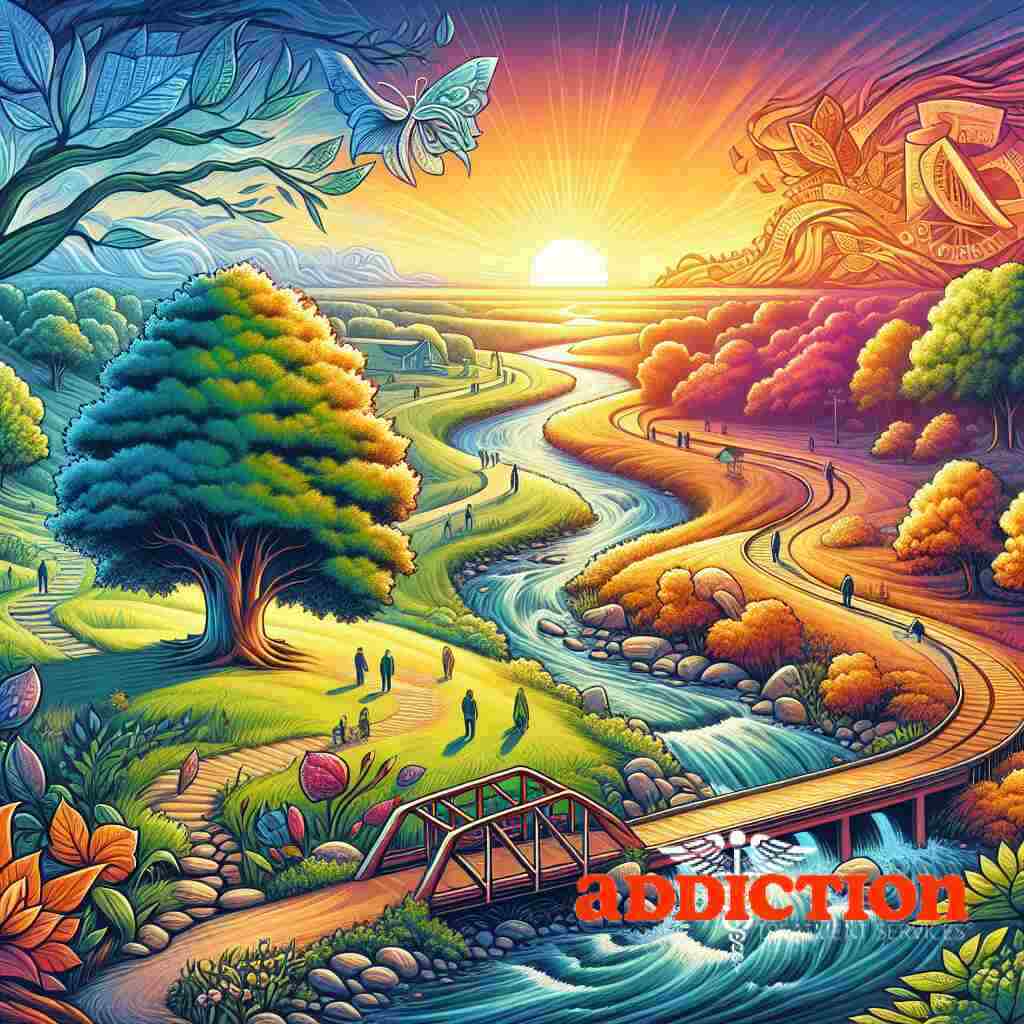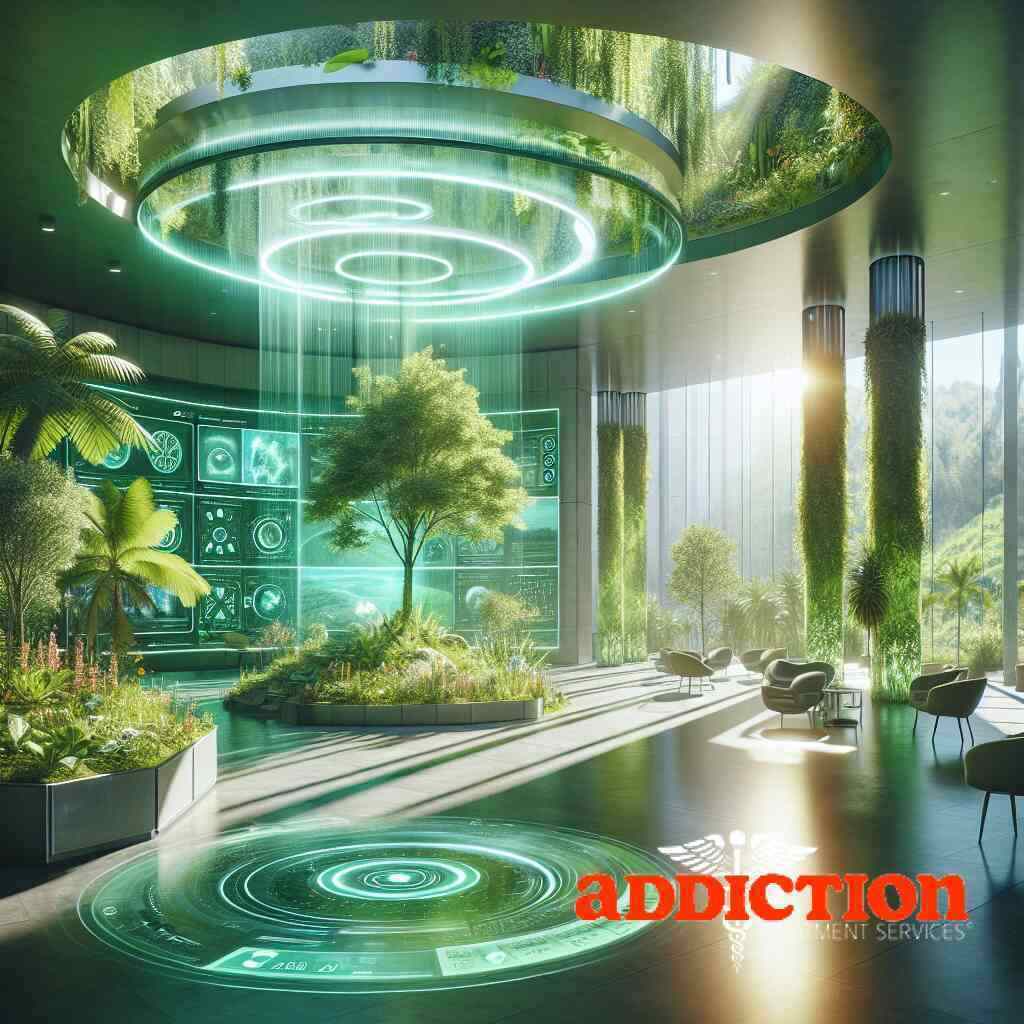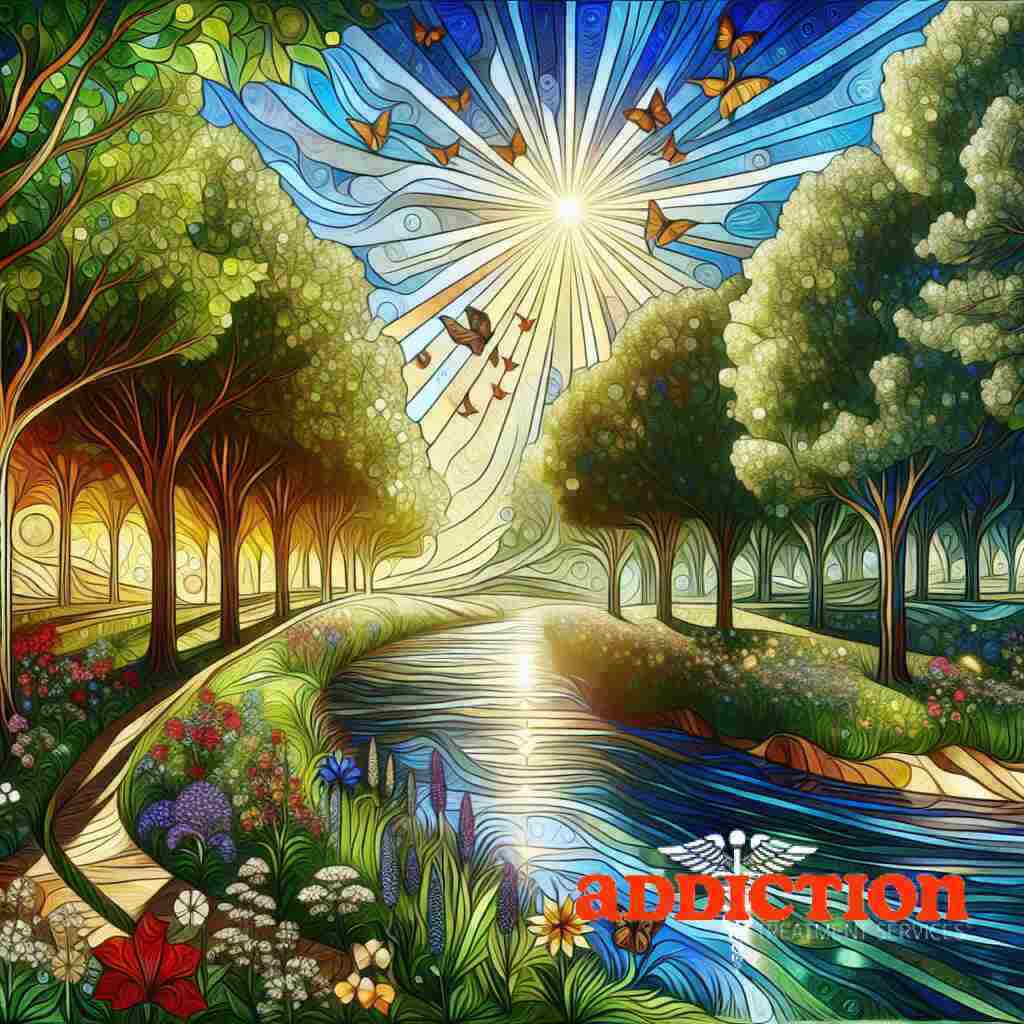 Posted On: 08/09/2024
Posted On: 08/09/2024Introduction to Psilocybin Mushrooms
Understanding Psilocybin
Psilocybin mushrooms, colloquially known as shrooms or magic mushrooms, hold a unique place in the natural world due to their psychoactive properties. Found in over 200 species of fungi, psilocybin is a compound that, upon ingestion, is converted by the body into psilocin, a substance responsible for the mushrooms’ mind-altering effects. These effects can range widely, inducing experiences from euphoria and profound philosophical insights to intense visual and auditory hallucinations. The intensity and nature of these experiences depend on several factors, including dosage, the individual’s mental state, and the environment in which the mushrooms are consumed.
Historical and Cultural Significance
The use of psilocybin mushrooms spans back thousands of years, with evidence suggesting their significance in religious, spiritual, and shamanic contexts in various cultures around the world. Ancient rock paintings in Algeria and murals in Central America allude to the sacred use of these mushrooms, hinting at the profound impact they had on these societies. Traditional uses often revolved around divination, healing, and communing with the spiritual realm, reflecting respect and reverence for the power of these natural hallucinogens.
The Rising Interest in Psychedelic Therapy
In recent years, there has been a resurgence of interest in the therapeutic potential of psychedelics, including psilocybin, within the field of psychiatry and psychology. This renewed fascination is largely fueled by promising research indicating that psychedelics may offer significant benefits for a range of mental health issues, from depression and anxiety to addiction and PTSD. Clinical trials and psychedelic therapy information sessions highlight the capacity of psilocybin to facilitate deep psychological healing, often in cases where traditional treatments have failed. Advocates for psychedelic science argue that, under controlled conditions and with professional guidance, psilocybin can be a powerful tool for personal growth and psychological wellness, marking a potential paradigm shift in how we approach mental health treatment.
Can You Get Addicted to Shrooms?
Defining Addiction
Addiction is a complex condition, often characterized by compulsive drug use despite harmful consequences. It involves physical, psychological, and behavioral components that interact with each other in intricate ways. Typically, substances that lead to addiction engage the brain’s reward circuitry in such a powerful manner that the pursuit of those rewards, or the relief they provide, dominates an individual’s behavior. When discussing the potential for addiction to psilocybin mushrooms, it’s essential to differentiate traditional definitions of addiction from the unique properties and effects of psychedelic substances like shrooms. Understanding this distinction helps in grasping why and how the addictive potential of shrooms might differ from substances that are typically associated with dependency, such as opioids, alcohol, or nicotine.
Psychedelic Drug Addiction vs. Substance Use Disorders
Psychedelic drugs, including psilocybin, differ from other addictive substances in several key aspects, notably in their interaction with the brain’s serotonin receptors. Unlike dopamine-releasing drugs that directly stimulate the brain’s pleasure centers, leading to physical dependence-psychedelics like psilocybin offer an altered state of consciousness that can affect perception, thought, and mood without triggering the same compulsive drug-seeking behavior. This difference is crucial in understanding the nature of shroom dependency. It tends to be less about physical craving and more about the psychological pull towards the insight, escapism, or novelty they provide.
The distinction between psychedelic drug addiction and substance use disorders lies in the pattern and consequences of use. Substance use disorders involve a pattern of use that causes significant impairment or distress, including health problems, disability, and failure to meet major responsibilities at work, school, or home. While psychedelic misuse can have negative consequences, the addictive potential and patterns of abuse observed with substances like shrooms do not typically align with the classical pathway of addiction development seen with other drugs.
The Nature of Shroom Dependency
The question of whether one can become addicted to shrooms is nuanced. Given their unique action on the brain and consciousness, dependency on psilocybin mushrooms is relatively rare and tends to be psychological rather than physical. Users may seek out the profound alterations in perception, thought, or emotion that psychedelics provide, especially if they are using these substances to escape from reality, self-medicate for depression, or seek spiritual enlightenment. This kind of dependency is more akin to a behavioral addiction, where the compulsion to engage in a non-substance-related behavior (like gambling or internet use) arises because it provides a psychological reward.
Furthermore, the natural tolerance buildup to the phenomenon where repeated use diminishes the effects over time as a self-regulating mechanism, often preventing the formation of a habitual use pattern that characterizes addiction. This doesn’t negate the potential risks, as the quest for the psychedelic experience can lead some users to increase their doses and frequency of use or even turn to more readily available and possibly riskier substances.
In conclusion, while the traditional sense of addiction by physical dependence, tolerance, and withdrawal doesn’t typically apply to psilocybin mushrooms, a psychological dependence or misuse pattern can develop. It’s important for individuals exploring psilocybin’s potential, whether for recreational, spiritual, or therapeutic reasons, to approach its use with mindfulness and awareness of these risks. For those seeking guidance on managing substance use or navigating the complexities of psychedelic experiences, Addiction Treatment Services offers resources, treatment options, and support to foster safe and informed decisions.
How Shrooms Affect the Brain and Body
Psychological Effects of Psilocybin
Psilocybin, the active compound in magic mushrooms, profoundly alters the brain’s normal functioning, leading to changes in perception, thought, and mood. Upon ingestion, psilocybin is converted into psilocin, which then interacts with serotonin receptors in the brain, particularly those in regions responsible for regulating mood, cognition, and perception. This interaction can induce vivid visual and auditory hallucinations, alter the perception of time, and lead to experiences of ego dissolution or a feeling of oneness with the universe.
The psychological impact of psilocybin can be deeply meaningful to users, often described as one of the most significant experiences of their lives. Unique to each individual, these experiences can range from euphoric and enlightening to unsettling and disorienting, largely influenced by the user’s mindset (set) and the environment (setting) in which they consume the mushrooms. Importantly, while some find therapeutic value in these altered states of consciousness, they can also exacerbate mental health issues for others, underscoring the need for cautious and informed use.
Physical Reactions to Psilocybin Mushrooms
Magic mushrooms induce a range of physical effects in addition to their psychological impact. Shortly after ingestion, users may experience changes in heart rate, blood pressure, and temperature, which can fluctuate between hot and cold sensations. Nausea and gastrointestinal discomfort are common, particularly with raw or dried mushroom consumption. Muscle weakness, drowsiness, and lack of coordination may also occur alongside dilated pupils, which contribute to the intensity of visual hallucinations.
The physical effects of psilocybin are generally transient and tend to subside as the drug’s psychological effects come to the forefront. Despite the relative safety of psilocybin in controlled doses, it’s important to be aware of these physical symptoms to mitigate potential discomfort and ensure a safe experience, ideally under guidance or in a supportive setting.
The Role of Set and Setting in Psychedelic Experiences
“Set” and “setting” are crucial in shaping the psilocybin experience. “Set” refers to the individual’s internal mindset, encompassing their expectations, mood, and mental health at the time of ingestion. A positive attitude can lead to profound and beneficial experiences, whereas a negative or anxious mindset may lead to uncomfortable or distressing trips. “Setting” denotes the physical and social environment. A safe, comfortable, and familiar environment enhances the likelihood of a positive experience, while unfamiliar or chaotic settings can induce anxiety or paranoia.
Understanding the importance of set and setting is essential for minimizing the risks associated with psilocybin use. Creating a supportive environment and entering the experience with a positive intention can significantly influence the journey, potentially harnessing the psychedelic experience for personal growth and healing. For those considering psilocybin for therapeutic purposes, engaging with Outpatient treatment options for Shroom Dependency may provide additional structure and support, integrating these critical factors into the treatment process.
Identifying Signs of Psychedelic Misuse
Behavioral and Physical Signs
The misuse of psychedelics, including shrooms, can manifest through various behavioral and physical signs. On a behavioral level, individuals may exhibit increased secretive behavior, withdrawal from family and friends, or an unusual disinterest in previously enjoyed activities. A noticeable shift towards spending time with a new group or isolation to use the substance may also occur. Physically, changes might include altered sleep patterns, eating habits, or a neglect of personal hygiene. In some cases, the consistent use of psychedelics can lead to visual disturbances or a noticeable difference in pupil size. Recognizing these signs early can be crucial in addressing psychedelic misuse and guiding someone toward getting help.
Emotional and Psychological Changes
Psychedelic misuse often leads to significant emotional and psychological changes. Users may experience heightened anxiety or depression, particularly during or after the use of psychedelics. Sudden mood swings, irritability, and a change in personality or perception could also indicate an underlying issue with psychedelic drugs. Additionally, users might struggle with reality, experiencing a detachment from their environment or what is known as derealization. Understanding these emotional and psychological changes is key for friends and family to support someone struggling with magic mushroom dependency effectively.
Signs of Psychedelic Withdrawal
While traditional withdrawal symptoms, as seen with substances like alcohol or opioids, may not always apply to psychedelics such as shrooms, there are specific signs of withdrawal to be aware of. These can include an increased craving for the drug, difficulty experiencing pleasure without it, or experiencing intense psychological distress. Some individuals may report experiencing “flashbacks” or hallucinogen-persisting Perception Disorder (HPPD), where they re-experience some of the sensory distortions of their psychedelic trips without warning. It’s essential to be aware of these signs and seek professional assistance to address them. Understanding the unique nature of psychedelic withdrawal symptoms is crucial in providing the right support and treatment for those in need.
Exploring Treatment Options for Hallucinogen Addiction
Detoxification Services
Detoxification is often the first step in the journey toward recovery from psychedelic drug addiction, including dependence on shrooms. Detoxification services for Psychedelic Drugs provide a medically supervised process designed to safely manage withdrawal symptoms that may occur when stopping drug use. While psilocybin, the active compound in magic mushrooms, may not cause physical withdrawal symptoms in the same way substances like opioids or alcohol do, stopping their use can lead to psychological effects, including anxiety and depression. These services ensure that individuals have a safe space to start their recovery, with support to manage any mental or emotional distress experienced during this phase. Professional medical oversight during detox can pave the way for a smoother transition into further addiction treatment modalities.
Psychedelic-Assistance in Therapy
Psychedelic-assisted therapy represents a groundbreaking approach within the field of addiction treatment. This innovative method involves the controlled use of psychedelics like psilocybin in a therapeutic setting to facilitate deeper insights, emotional breakthroughs, and healing of underlying psychological issues driving substance misuse. Through guided sessions with trained therapists, individuals have the opportunity to confront and work through personal traumas, contributing to a more comprehensive and lasting recovery. The integration of psychotherapy sessions for psychedelic abuse within a broader treatment framework can vastly improve outcomes for those battling hallucinogen addiction.
Residential vs. Outpatient Treatment
Choosing between residential and outpatient care hinges on the individual’s specific needs, circumstances, and the severity of their addiction. Residential treatment offers an immersive experience, where individuals live at the treatment facility and engage in a structured program that includes psychotherapy, group sessions, and possibly psychedelic-assisted therapy. This environment provides a supportive space away from daily stressors and potential triggers, allowing for focused healing. Conversely, outpatient treatment allows individuals to live at home while attending therapy sessions and treatment programs at scheduled times. This option can be suitable for those with less severe addiction or substantial obligations that they cannot step away from. The choice will heavily depend on the individual’s unique situation and what will best support their journey toward recovery.
Medication-assisted treatment and Early Intervention
Medication-assisted treatment (MAT) is an effective strategy, especially when combined with other therapeutic interventions like counseling and behavioral therapies. While MAT is more commonly associated with opioid addiction, certain medications can be used to help manage cravings and mental health symptoms associated with psychedelic drug recovery. Early intervention is crucial in preventing the progression of substance use disorders. By recognizing the signs of drug misuse early and engaging in treatment, individuals can avoid the deeper entrenchment of addictive behaviors. Programs designed for early intervention focus on education, the development of coping strategies, and support to halt the trajectory of addiction before it fully takes hold, setting the stage for a successful recovery process from shrooms addiction.
Integrating Behavioral Health Services in Addiction Recovery
The Importance of Mental Health Services
In the realm of addiction recovery, particularly with substances as complex as psychedelics like psilocybin mushrooms, the integration of mental health services stands as a cornerstone of effective treatment. The distinct nature of psychoactive substance abuse underscores the necessity for a holistic approach, addressing not just the physical aspects of addiction but the psychological and emotional facets as well. Mental health services tailor treatment to encompass the full spectrum of an individual’s needs, recognizing the intertwined relationship between substance use disorders and mental health issues such as depression, anxiety, and post-traumatic stress disorder (PTSD).
Addressing Dual Diagnosis
Many individuals facing the challenge of shrooms addiction or dependency on other hallucinogens often struggle with co-occurring mental health disorders. The term “dual diagnosis” refers to this coexistence, underscoring the need for integrated treatment plans that are equipped to manage both conditions simultaneously. Mental health professionals, as part of a comprehensive recovery team, collaborate closely to create a supportive environment conducive to healing on all levels.
Importance of Specialized Care
Specialized mental health services offer therapeutic interventions tailored to the unique psychological effects of psychedelic substances. These services often include cognitive-behavioral therapy (CBT), motivational interviewing (MI), and other behavioral therapies designed to help individuals understand the root causes of their substance use, develop coping mechanisms, and foster healthier thought patterns and behaviors.
Behavioral Therapies for Addiction
Behavioral therapies play a pivotal role in the treatment of shroom addiction and psychedelic drug abuse. These therapies focus on modifying harmful behaviors and attitudes related to drug use while also enhancing life skills to handle stressful circumstances and environmental cues that may trigger a relapse.
Cognitive-behavioral therapy (CBT)
CBT is particularly effective in addressing the patterns of thought that contribute to substance abuse. By helping individuals recognize, avoid, and cope with situations in which they are most likely to use drugs, CBT empowers them to break the cycle of addiction. Through CBT, patients learn to identify negative thought patterns and replace them with healthier ones, a process that is crucial for overcoming addiction to hallucinogens like psilocybin mushrooms.
Dialectical Behavior Therapy (DBT)
DBT, a form of therapy developed to treat borderline personality disorder, has also shown promise in treating substance use disorders. It emphasizes the development of skills in mindfulness, distress tolerance, emotional regulation, and interpersonal effectiveness. For those struggling with addiction and emotional dysregulation, DBT offers tools to manage stress, control impulses, and improve relationships with others.
Recovery Support Services
The journey towards recovery from shroom addiction is often long and fraught with challenges. Recovery support services provide ongoing care and assistance to individuals as they navigate the path toward long-term sobriety. These services can range from peer-support groups and 12-step programs to educational workshops and sober living environments.
The Role of Peer Support
Engagement in peer-support groups such as AA Meetings and NA Meetings offers invaluable emotional and social support, fostering a sense of community and shared experience. The opportunity to connect with others who have faced similar struggles provides encouragement and perspective, reinforcing the belief that recovery is possible.
Sober Living Environments
Sober living homes or sober houses play a critical role in the recovery process, offering a safe and drug-free environment for individuals transitioning out of residential treatment. These homes emphasize the importance of personal responsibility and mutual support, providing a structured setting that encourages residents to practice sobriety in their daily lives.
The integration of behavioral health services into addiction recovery acknowledges the multifaceted nature of addiction and the necessity for a multidimensional approach. By addressing the mental, emotional, and social dimensions of addiction, individuals are better equipped to understand the underlying factors contributing to their substance use. They are empowered with the strategies and support needed to achieve and maintain sobriety.
The Process of Recovery and Relapse Prevention
Recovery from addiction, including shrooms addiction, is a multifaceted journey that encompasses various stages, each with its unique challenges and milestones. Understanding these stages and the strategies for preventing relapse, along with the vital role of support networks, can provide individuals with a sturdy framework for navigating the path to long-term sobriety.
Stages of the Recovery Process
Early Recovery
The early recovery stage focuses on breaking free from the physical dependence on substances. This period involves detoxification services, where individuals undergo the process of eliminating drugs from their system. Detox can be accompanied by Psychedelic Withdrawal Symptoms, which vary in intensity based on the substance used, the duration of use, and the individual. It’s a crucial time for building a foundation for a drug-free life, which includes learning about the patterns of addiction and developing strategies to cope with cravings and triggers.
Middle Recovery
In the middle stage of recovery, the focus shifts to repairing the damages caused by addiction. Individuals start to address the underlying issues that contributed to their substance misuse, such as co-occurring mental health disorders or emotional distress. During this phase, engaging in behavioral health services and participating in therapeutic activities are key actions for fostering healing and growth. It’s also a time to rebuild relationships and repair the social and professional damages inflicted by the addiction.
Maintenance and Advanced Recovery
This stage is about sustaining the changes made during the earlier phases and continuing to build a fulfilling life free from addiction. It involves practicing the coping strategies learned in therapy, maintaining a supportive social network, and staying engaged in recovery activities. Advanced recovery is the ongoing process of personal development and growth, where individuals often find new hobbies, career paths, or educational opportunities that align with their values and goals in sobriety.
Strategies for Preventing Relapse
Preventing relapse is a critical component of the recovery journey. Strategies include:
- Developing a comprehensive relapse prevention plan that identifies triggers, warning signs of relapse, and coping mechanisms.
- I am staying connected with behavioral health services for ongoing therapy and support.
- We are maintaining involvement in support groups such as AA Meetings and NA Meetings, offering accountability and community.
- I am practicing self-care to manage stress, including regular physical activity, healthy eating, and adequate sleep.
- We are continuously working on personal growth and development to enhance self-esteem and purpose.
The Role of Support Networks in Recovery
Support networks play a crucial role in the recovery process by providing emotional support, guidance, accountability, and a sense of belonging. These networks can include:
- Family and friends who offer love, encouragement, and understanding.
- Peer support groups, where sharing experiences and strategies for dealing with challenges, become a source of strength and camaraderie.
- Professional support includes therapists, counselors, and sponsors who provide expert guidance and insight.
- Online communities and forums that offer access to resources and support from the broader recovery community.
Engaging with various support networks can significantly impact an individual’s ability to navigate the complexities of recovery, from the dark moments of craving and vulnerability to celebrating the milestones of sobriety. Fostered within these networks, the collective wisdom, shared stories of success, and enduring hope shine as beacons for those striving toward recovery and relapse prevention.
The commitment to recovery and relapse prevention is a lifelong journey that demands persistence, adaptability, and unwavering support. By understanding the stages of recovery, implementing strategies to prevent relapse, and harnessing the power of support networks, individuals can navigate the challenges of sobriety with resilience and grace.
Finding Addiction Treatment Services Near You
Addiction Treatment Services Directory
When seeking help for shroom addiction or any form of substance use disorder, knowing where to turn can be overwhelming. Fortunately, the Addiction Treatment Services Directory simplifies this process, providing a comprehensive resource to Find Substance Abuse Treatment Centers Near Me. This directory is a pivotal first step for those looking to embark on the path to recovery. It offers detailed listings of accredited addiction treatment centers across all 50 states, making it easier for individuals and families to find the help they need close to home. Each listing includes information about the types of services offered, making it simpler to choose a facility that matches the specific needs of the person seeking treatment. From inpatient and outpatient programs to specialized services for psychedelic drug addiction, the directory covers a wide spectrum of treatment options, ensuring that help is just a few clicks away.
Personalizing Your Treatment Plan
Personalization is key in the journey to recovery. Not all addiction treatment services are created equal, nor do they offer the same approach to treatment. Once you’ve utilized the directory to discover treatment centers nearby, the next crucial step is to personalize your treatment plan to fit your specific situation. This involves considering factors such as the severity of the addiction, any underlying mental health conditions, and personal preferences for treatment methods.
Many addiction treatment centers offer an initial assessment to tailor a treatment plan that addresses both the physical and psychological aspects of addiction, incorporating everything from detoxification services to behavioral health services. This individualized approach ensures that treatment addresses the root causes of addiction and not just the symptoms, leading to more effective and lasting recovery outcomes. Innovative Addiction Services in Rehab, for example, may include psychedelic-assisted therapy, a modality showing promising results in treating substance use and mental health disorders.
Resources for Families and Friends
Addiction doesn’t only affect the individual; it impacts friends, family members, and loved ones as well. Recognizing the need for support extends beyond the person experiencing addiction; many addiction treatment services offer resources and programs designed specifically for families and friends. These resources aim to educate loved ones on the nature of addiction, how to support the recovery process effectively, and how to manage their own emotions and well-being during this challenging time.
Programs may include family therapy sessions, support groups, and educational workshops that foster a supportive environment for both the individual in recovery and their support network. These resources are invaluable for building understanding and resilience among family members and friends, helping them to become integral parts of the recovery process.
By taking advantage of the comprehensive resources offered by Addiction Treatment Services, individuals struggling with shroom addiction and their loved ones can find the information, support, and treatment options needed to navigate the path to recovery successfully.
Conclusion: Embracing the Path to Recovery

The Journey Ahead
The journey toward overcoming addiction is both unique and challenging, filled with instances of personal growth and potential setbacks. Embracing this path, especially when it concerns substances as complex and misunderstood as psilocybin mushrooms, requires courage, commitment, and the willingness to seek and accept help. With the increasing acceptance and understanding of the therapeutic potential of psychedelics, those struggling with shroom addiction now have more resources at their disposal than ever before. Integration of Innovative Addiction Services in Rehab has opened new avenues for treatment, focusing on holistic recovery and addressing the underlying issues contributing to substance misuse.
Strengthening the Commitment to Sobriety
Strengthening the commitment to sobriety involves more than abstaining from substance use; it’s a comprehensive process of self-discovery, lifestyle adjustment, and building a supportive network. This commitment is bolstered by engaging in therapy, participating in support groups like AA and NA Meetings, and possibly exploring innovative treatments such as psychedelic-assisted therapy. As individuals progress through their recovery journey, it becomes evident that sobriety is not merely a destination but a way of life that continuously evolves and enriches their lives.
Continuing Education on Substance Use Disorders
A key component of successful recovery and relapse prevention is ongoing education on substance use disorders. Knowledge empowers individuals to make informed decisions about their health and well-being, understand the dynamics of addiction, and recognize early warning signs of potential relapse. Addiction Treatment Services provides a wealth of resources, from a detailed addiction treatment services directory to educational materials on various aspects of addiction and recovery. These resources serve as valuable tools for individuals and families navigating the complexities of substance use disorders, offering guidance, support, and hope for a brighter, substance-free future.
In conclusion, the path to recovery from shrooms addiction, any form of addiction, is marked by challenges and opportunities for growth. With the right support, treatment, and resources, individuals can navigate this journey successfully, transforming their experiences into stepping stones toward a fulfilling and sober life. Whether you or a loved one is in the early stages of considering treatment or looking to strengthen an existing commitment to sobriety, Addiction Treatment Services remains a dedicated partner in this journey, offering guidance, information, and access to the care needed to achieve lasting recovery.
Frequently Asked Questions
Question: Is it possible to develop an addiction to shrooms, and how does Addiction Treatment Services approach treatment for psychedelic drug addiction?
Answer: Yes, while uncommon compared to other substances, individuals can develop a psychological dependency on shrooms, compelling them to continue using despite potential negative consequences. At Addiction Treatment Services, we recognize the unique challenges posed by psychedelic drug addiction, including shrooms. Our approach emphasizes a holistic recovery path, integrating behavioral health services and mental health services to address both the psychological aspects of addiction and any underlying issues. Our directory connects you with accredited addiction treatment centers that specialize in comprehensive treatments, including therapy that might involve psychedelic assistance, ensuring a personalized and effective recovery journey.
Question: In the blog post ‘Can you get addicted to shrooms?’ The concept of psychological dependence on shrooms is discussed. How does your directory assist individuals seeking help for this type of addiction?
Answer: Our Addiction Treatment Services Directory is an invaluable resource for those seeking support for psychological dependence on shrooms or any substance use disorders. By facilitating access to a wide range of addiction treatment centers across all 50 states, we make it easier for individuals and families to find specialized services tailored to their needs, including magic mushroom dependency. The directory listings include comprehensive details about each facility’s approach to addiction recovery services, whether through outpatient treatment, residential treatment, or innovative programs like psychedelic assistance in therapy. This enables users to choose the most appropriate, effective treatment path for their unique circumstances, ensuring the best chance at a successful recovery.
Question: What types of support and treatment options do Addiction Treatment Services offer for individuals struggling with substance abuse, including shroom addiction?
Answer: Addiction Treatment Services provides a spectrum of options and resources for those dealing with substance abuse, including shroom addiction. From detailing detoxification services to facilitating connections with intensive outpatient programs and residential treatments, our directory is a comprehensive guide to addiction recovery services. We also highlight facilities offering medication-assisted treatment and early intervention services, ensuring individuals at any stage of addiction can find the help they need. Our goal is to offer a lifeline to those struggling by providing easy access to a wide range of treatment facilities and recovery support services, fostering a personalized approach to overcoming substance misuse, and paving the way for long-term sobriety and wellness.
Question: How can families and friends find resources through Addiction Treatment Services to support a loved one facing shrooms addiction?
Answer: Recognizing the crucial role that families and friends play in the recovery process, Addiction Treatment Services extends its resources beyond individuals facing addiction to include their support networks. Our directory not only helps locate addiction treatment centers but also points to programs offering resources specifically designed for families and friends. This includes family therapy sessions, support groups, and educational workshops that equip loved ones with the knowledge and understanding needed to support the recovery journey effectively. By providing access to these resources, we aim to empower families and friends with the tools necessary for fostering a supportive environment conducive to achieving and maintaining sobriety for their loved ones.
Question: Can Addiction Treatment Services assist in finding treatment programs for psychedelic drugs, including managing withdrawal symptoms from shrooms?
Answer: Absolutely, Addiction Treatment Services specializes in connecting individuals with treatment programs that cater to a wide array of substance use disorders, including those related to psychedelic drugs like shrooms. Our directory lists accredited treatment facilities that offer comprehensive care plans designed to manage not just the withdrawal symptoms from shrooms but also the psychological and emotional aspects of addiction. By including options for detoxification services, medication-assisted treatment, and behavioral health services, we ensure that individuals looking for help can find programs equipped to address the full spectrum of their recovery needs, from the initial detox phase through to long-term relapse prevention.



